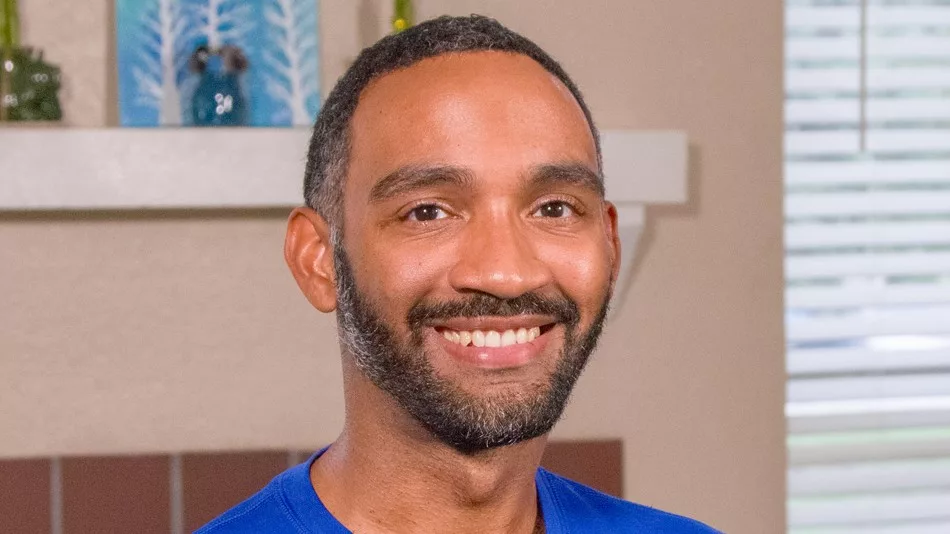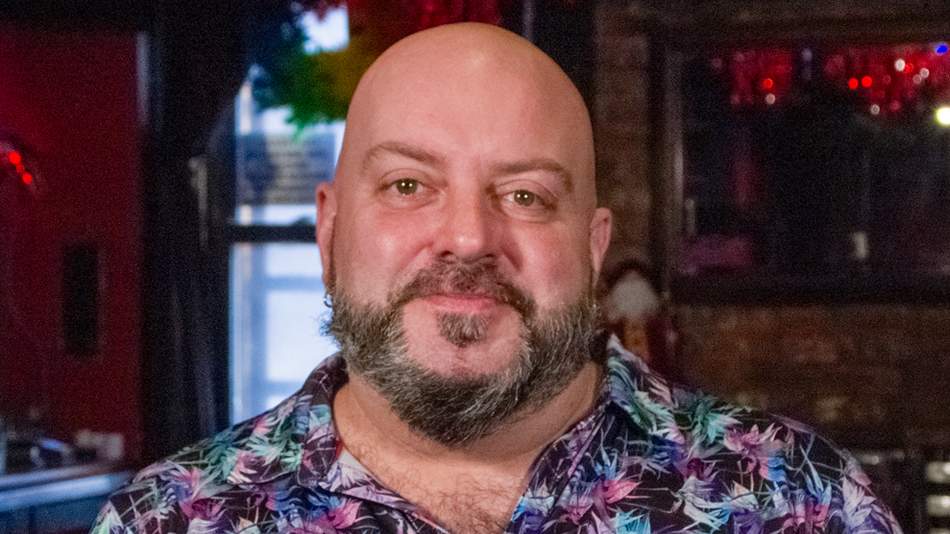I’m Albert Eisenberg, I’m from Philadelphia. When I came out which was in 2009, right after I finished high school so I was 18, I was pretty confident from the get-go that I would have a supportive family, which they were to varying degrees, certainly my immediate family, my parents were extremely supportive, but kept asking me, “When are you going to tell Marianne? When are you going to tell Marianne? Call her, tell her, you’re out, you’re gay, she’s going to feel left out, so you have to tell her.”
I get a call from Aunt Marianne and I’m looking at it, and I’m like, okay, I know what this is going to be. It’s going to be awkward, she’s going to say something offensive, whatever. So I pick up the phone and we actually have what is really surprising to me is an extremely pleasant conversation about it, she’s proud of me, this is great, “I’m so happy we have a gay in the family”, which is a questionable thing to say to anybody, but for her it was a very pleasant interaction. But what’s important here is that I’m Jewish on my dad’s side more than my mom’s side, more religious, and I’m about to go to Georgetown, I had just graduated senior year of high school, I’m about to go to Georgetown, so I’m a Hoya.
So she goes, “So, you’re already Albert the Jew and Albert the Hoya…when’s it going to be okay to call you Albert the Faggot?”
And I’m on the other end, I pause, and I’m like, “Never, Aunt Marianne, it’s never going to be okay to call me ‘Albert the Faggot.’”
She thought for a second and she was like, “Oh, okay! Well, talk to you later!”
And I was blown away by how entitled she felt to use that word. Technically she’s very tolerant, votes Democrat, supportive of gay rights, but why would you think you could appropriate that term when it’s not even really appropriated by gay men at all.
And the second conversation that I had was right around that time also, a little earlier that summer. I was hosting a house party, again right after senior year so there were probably 75 really drunk kids at my house. I run into this guy I was in French class with.
“Albert, I have to tell you how much I respect you for coming out.”
“Thank you, Julien, that’s so nice, yeah, it’s been really great to be out to people or whatever.”
And he goes, “It’s so great you’re not like…X”, this guy, this guy who went to high school with me who was the gay kid at our high school, very quote, unquote, flamboyant, had been out since 9th grade, and you know, was like, completely would make me so anxious to be around him because God forbid I’d be associated in any way. And I said, “You know, actually, you’re not giving me a compliment right now, that’s actually an insult to gay people, that you are sort of the arbitrator of and ultimate judge of what is an acceptable gay person and what isn’t an acceptable gay person.”
And he’s like, “No, no, no, that’s not what I meant.”
You know, he’s drunk or whatever, but I was like, “You know what, Julien? You can fuck off.”
I think that conversation with Julien has something to do with my conversation with my aunt in a sense of sort of straight people deciding what is an appropriate way to approach the subject and saying things while being well-meaning that were quite offensive.
When I think of what the gay community’s done and where we’ve come and how much political progress and legal progress and social progress has been made, it’s outstanding, but those types of deep-seeded value judgements about gender and sexuality are not going to be solved by a court somewhere and they’re not going to be solved by a legislature and they’re not going to be solved by a vote. Those are much deeper problems that don’t really have easy answers, we have to ask ourselves what work needs to be done.








Share